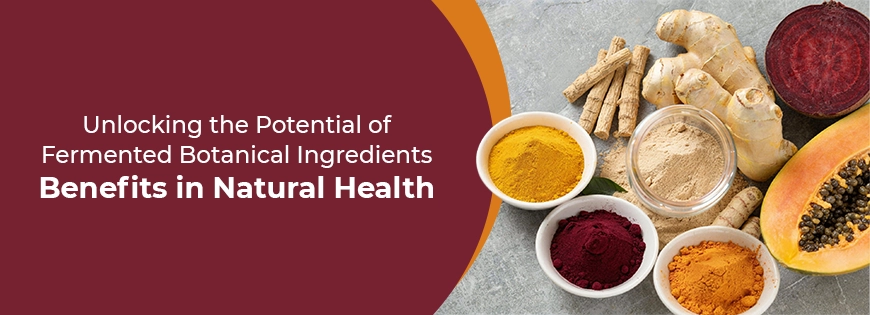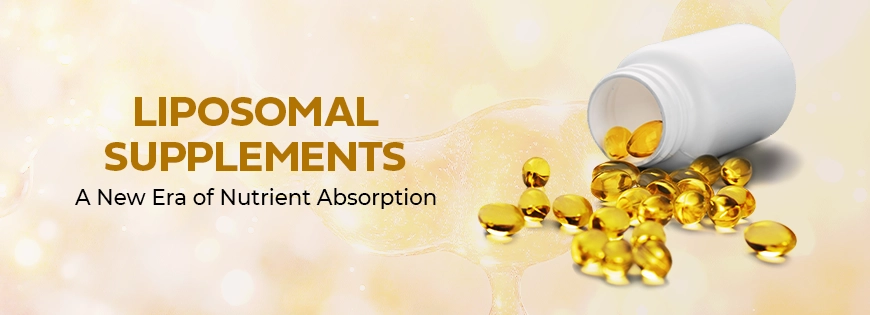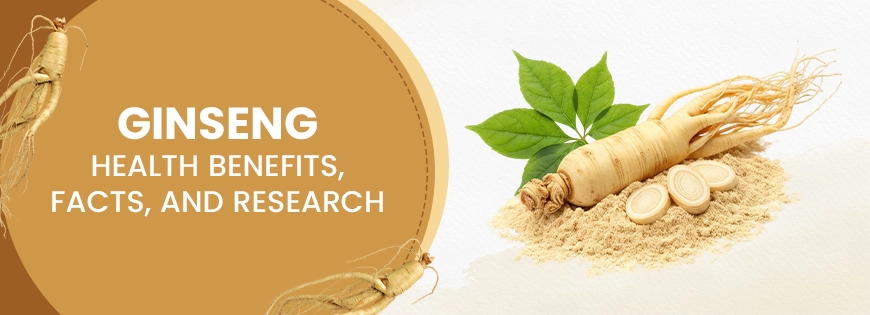Cloves, the dried flower buds of Syzygium aromaticum, are a timeless spice that bridges the worlds of flavor and wellness. Known for their warm, slightly sweet aroma, they have been treasured across cultures for centuries, not only in cooking but also in traditional practices. Rich in eugenol, the bioactive compound studied for multiple biological properties, and containing antioxidants, vitamins, and minerals, cloves may contribute to digestive comfort, oral freshness, and general well-being. Their versatility extends from the kitchen to natural preparations, making them one of the most valuable botanicals to include in everyday life.
Nutritional Value of Cloves

When we talk about cloves benefits, the first thing to highlight is their richness in eugenol, which contributes to most clove extract benefits, including antioxidant, antimicrobial, and anti-inflammatory effects [1]. Alongside eugenol, cloves provide Vitamin C, Vitamin K, traces of Vitamin A, and minerals like calcium, magnesium, iron, and manganese. Manganese contributes to normal bone health and metabolism. Cloves also contain dietary fiber, which supports digestive function, making them a nutrient-dense spice with wide-ranging potential [2].
Also Read: Can Amla Improves Kidney Health?
Health Benefits of Cloves

Antioxidant Powerhouse
Cloves are exceptionally rich in antioxidants, primarily due to their high eugenol content. These compounds help neutralize free radicals and may protect cells from oxidative stress.
A study shows that eugenols have potent free radical scavenging activity and were associated with protective action against oxidative stress in experimental models [3].
Gastroprotection
Beyond culinary appeal, cloves have been investigated for their gastroprotective potential, largely attributed to eugenol. Animal studies suggest clove extracts and oils may help maintain gastric integrity.
An experimental study demonstrated that clove essential oil and eugenol were associated with fewer gastric lesions in animal models. The treatment also increased gastric mucus production, which is considered an important protective factor in the stomach [4].
Also Read: 7 Health Benefits of Resveratrol
Oral Health
Eugenol, the primary active compound in clove, has a long history of traditional use in dentistry. It has been studied for its soothing, aromatic, and antimicrobial properties in oral care formulations.
A review published in Frontiers in Pharmacology eugenol’s multiple biological activities, highlighting its traditional role in dentistry noting its use in temporary fillings, rinses, and dental cement, where it contributes to maintaining oral hygiene and comfort [5].
Liver Support
Clove and its key phytochemicals, particularly eugenol, demonstrate hepatoprotective properties. These effects are linked to their antioxidant and anti-inflammatory properties observed in experimental models.
A study in Journal of Cancer Prevention investigated the impact of eugenol-rich fraction of clove on rats with chemically induced liver injury. The treatment was associated with improved liver architecture, balanced enzyme activity, and reduced oxidative stress markers [6].
Anti-Inflammatory Potential
Eugenol is reported to influence inflammatory pathways and may help support a balanced immune response.
Research in Evidence-Based Complementary and Alternative Medicine showed that eugenol reduced pro-inflammatory cytokines in immune cells in vitro, suggesting a modulatory role [7].
Immune-Boosting Potential
Cloves contain compounds that demonstrate antimicrobial and antifungal properties, which may contribute to maintaining natural defenses.
A recent study in Molecules showed that clove oil and eugenol inhibited fungal pathogens such as Candida albicans under laboratory conditions [8].
Culinary and Medicinal Uses of Clove
Cloves are highly valued in both cuisine and natural preparations. In the kitchen, whole cloves bring warmth and aroma to curries, rice, and stews, while ground cloves add a spicy-sweet depth to baked goods. Clove tea brewed with ginger or cinnamon is a soothing beverage, and clove-infused water provides a refreshing way to enjoy its flavor.
Traditionally, diluted clove extract or oil has been used topically in oral care, while clove-infused oils may be applied in massage practices. Steam inhalation with cloves is a common household preparation during seasonal changes. These versatile clove extract benefits highlight why cloves are appreciated in both culinary and wellness traditions.
Safety Considerations

While cloves are highly beneficial, certain precautions should be kept in mind:
- Moderation is Key: Overconsumption may cause digestive discomfort.
- Clove Oil Caution: Should always be diluted; undiluted oil can cause skin irritation or burns.
- Health Conditions: People with liver disorders, bleeding conditions, or those on anticoagulant medications should seek professional advice before using concentrated clove preparations.
- Pregnancy and Children: Culinary amounts are safe, but concentrated extracts or oils should be avoided unless under medical supervision.
Cloves are more than a fragrant spice they are a versatile ingredient appreciated for their aroma, flavor, and naturally occurring compounds like eugenol. From digestion and oral care to antioxidant support and immune balance, clove extract benefits are increasingly studied in scientific research. Their use in both culinary traditions and natural preparations show why they deserve a place in daily life.
FAQs
- Q1. Do cloves support digestion?
- Yes, traditional use and reviews suggest clove preparations may ease mild digestive discomfort
- Q2. Can cloves relieve toothache?
Yes, Clove extract or clove oil have been traditionally applied in oral care, that provide temporary toothache, but they should not be considered a substitute for professional dental treatment - Q3. Are cloves safe during pregnancy?
Yes, in small culinary amounts. However, concentrated oils or supplements should be avoided unless prescribed by a healthcare professional. - Q4. Are cloves safe for children?
Yes, culinary amounts in food are safe, but clove oil or concentrated clove extract should not be used without pediatric advice. - Q5. Can cloves help with weight management?
Cloves may support metabolism and digestion, indirectly aiding weight control, but they are not a substitute for diet and exercise.
Disclaimer: The Statement has not been evaluated by the EFSA, KFDA or FDA. This product is not intended to diagnose, treat, cure, or prevent any disease. While the information provided is based on credible references, we do not make any specific claims or guarantees. It is important to consult your healthcare advisor for personalized advice and guidance related to your health.
References
- Biological Properties and Prospects for the Application of Eugenol—A Review
- Clove (Syzygium aromaticum): a precious spice
- Antioxidant activity of eugenol: a structure-activity relationship study
- Gastroprotective activity of essential oil of the Syzygium aromaticum and its major component eugenol in different animal models
- Pleiotropic Effects of Eugenol: The Good, the Bad, and the Unknown
- Eugenol-rich Fraction of Syzygium aromaticum (Clove) Reverses Biochemical and Histopathological Changes in Liver Cirrhosis and Inhibits Hepatic Cell Proliferation
- Clove and eugenol in noncytotoxic concentrations exert immunomodulatory/anti-inflammatory action on cytokine production by murine macrophages
- Clove Essential Oil and Its Main Constituent, Eugenol, as Potential Natural Antifungals against Candida spp. Alone or in Combination with Other Antimycotics Due to Synergistic Interactions






